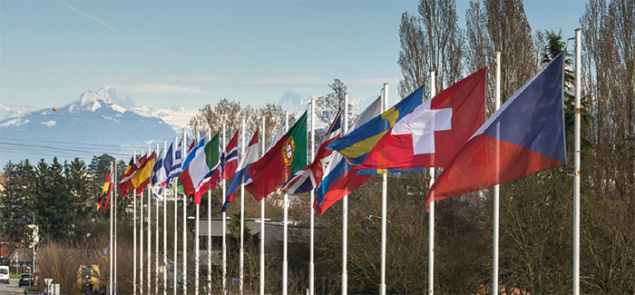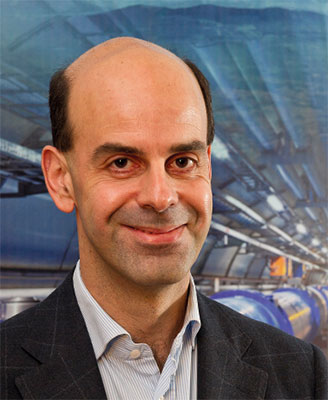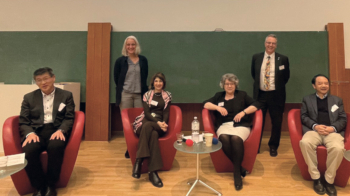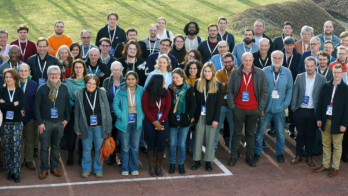
CERN’s Large Hadron Collider (LHC) and its discovery of the Higgs boson in 2012 have launched a new era of research in particle physics. The LHC and its upgrades will chart the course of the field for many years to come, and CERN is therefore in a unique position to help shape the long-term future of particle physics. In view of this, CERN is exploring two different and challenging projects: the Compact Linear Collider (CLIC) and a Future Circular Collider (FCC).
These developments are taking place at a time when facilities for high-energy physics, as for other branches of science, are becoming larger and more complex as well as requiring more resources. Funding for the field is not increasing in many countries and the timescale for projects is becoming longer, resulting in fewer facilities being realised. Particle physics must adapt to this evolving reality by fostering greater co-ordination and collaboration on a global scale. This goes hand in hand with CERN’s tradition of networking with worldwide partners.
In 2010, CERN Council approved a radical shift in CERN’s membership policy that opened full membership to non-European states, irrespective of their geographical location. At the same time, Council introduced the status of associate membership to facilitate the accession of new members, including countries outside of Europe that might not command sufficient resources to sustain full membership (CERN Courier December 2014 p58).
Geographical enlargement is part of the effort to secure the future of the laboratory, and the process has been gradual and measured. Israel became CERN’s 21st Member State in 2014 while Romania joined as the 22nd Member State in 2016. Cyprus and Serbia are presently associate members in the pre-stage to membership, while Pakistan, Turkey and Ukraine are associate members. Late last year, agreements with Slovenia for associate membership in the pre-stage to membership and with India for associate membership were signed (see “Slovenia to become associate Member State in pre-stage to membership” and “India to become associate Member State” in this issue). Brazil, Croatia, Lithuania and Russia have also applied for associate membership.

CERN builds on a long tradition of a global engagement. The Organization has formal relations with non-member states (NMS) via bilateral International Co-operation Agreements (ICAs), currently in force with 47 countries. Out of a total of about 12,700 users at CERN, the participation of NMS users is now almost 40% – the majority of which are researchers from the US and Russia working on the LHC. The overall NMS participation in the non-LHC research programme is currently about 20%. Financial resources for research programmes, notably maintenance and operation costs for the LHC experiments, are shared between the Member States, the associate members and the NMS. In addition, there is increasing interest in collaboration on accelerator R&D and related technologies, focusing on the LHC’s luminosity upgrades and also on the FCC and CLIC studies. The number of states involved in such activities is already growing beyond the restricted circle of NMS that contributed to the LHC accelerator construction. The increasingly global interest in CERN also translates into a rising demand for CERN’s education and training programmes – falling within CERN’s mission of helping build capacity in countries that are developing their particle-physics communities.
The geographical enlargement policy of 2010 offers important opportunities for the future of the Organization. Now, CERN has developed it into a strategy, presented to Council in March 2016, to ensure that geographical enlargement consolidates the institutional base and thus reinforces the long-term scientific aspirations of CERN. Enlargement is not an aim in and of itself. Rather, the focus is on strengthening relations with countries that can bring scientific and technological expertise to CERN and can, in turn, benefit from closer engagement.
It is essential that membership and associate membership are beneficial to particle physics in individual countries, and that governments continue to invest in the growth of national communities. At the same time, enlargement should not hinder the operational efficiency of the laboratory. CERN’s engagement with prospective members and associate members is clearly oriented towards these objectives, mindful that investigating the unification of the fundamental forces of nature requires uniting scientific efforts on a global scale.





